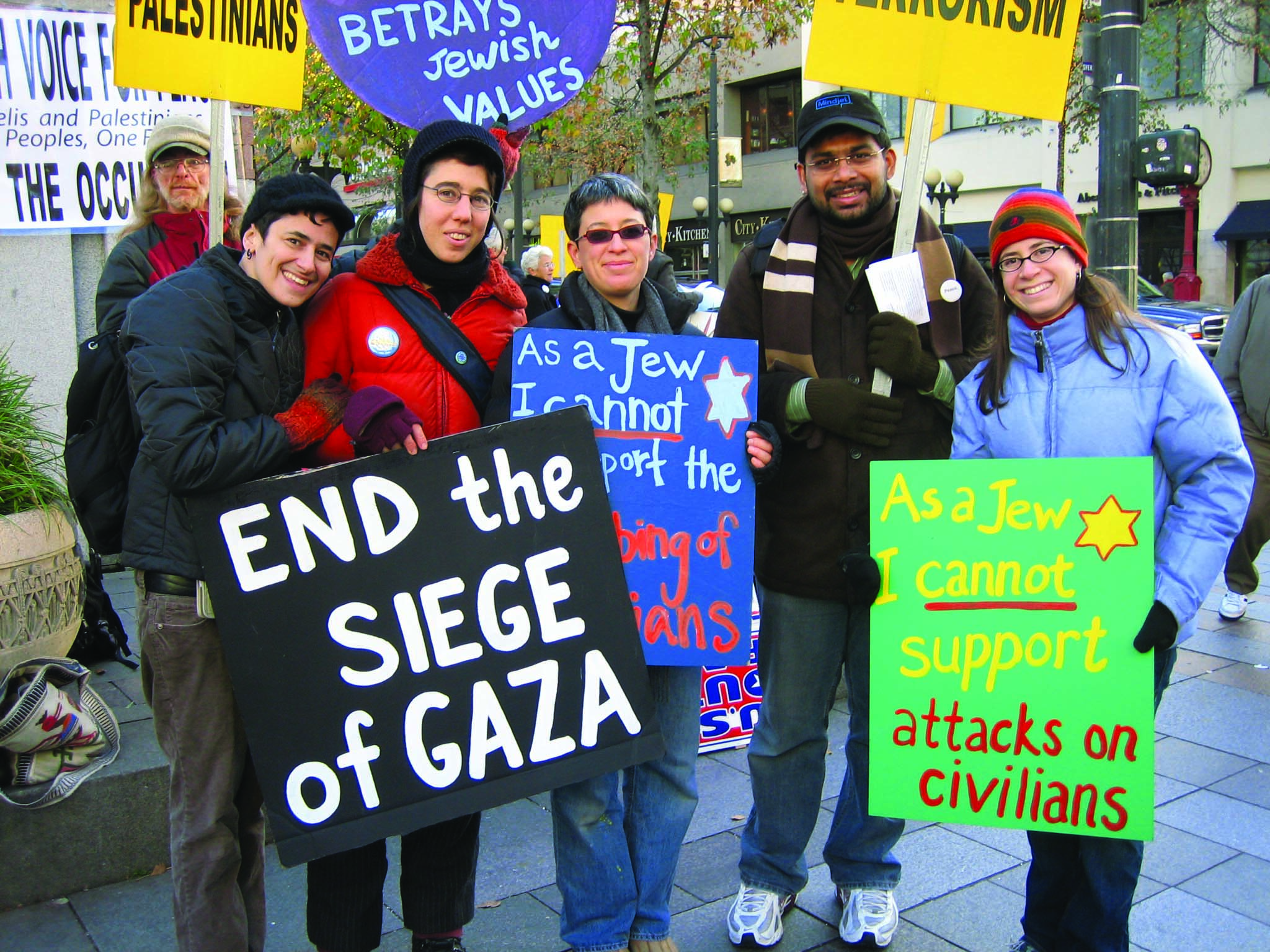As a Glasgow University student, you are spoilt for choice if you want a bit of political activism. With a student body of over 19,000 people, does it still seem to you that political endeavours are a past-time for a selected few enthusiasts? James Harrison writes about the local face of young political activism and why you should vote in the 2010 general elections.
It’s hard to talk about politics without politicians. The university has a long history of famous political alumni from all the different main political parties. Labour’s Donald Dewar, who was Scotland’s first-ever First Minister, started his career being a President of the GUU. There’s also Ming Campbell and Charles Kennedy, both also former GUU Presidents and both leaders of the Liberal Democrats Party (the latter subsequently becoming elected as our University rector). The SNP too have their deputy leader and current Deputy First Minister Nicola Sturgeon holding claim to a Glasgow degree, and Conservatives Liam Fox MP and John Lamont MSP are former Glasgow students.
Yet student politics isn’t nor shouldn’t be about going on to get a title in the parliament or government. What has perhaps ruined politics in general these days is the emergence of the career politician, with a student working up the ranks, then going on to work as an assistant to a politician, then becoming a candidate, becoming an MP and so on. What is crucial for university societies not just in Glasgow but across the country, is that they show that student politics shouldn’t just be left to the soon-be politicians. Societies offer the chance to discuss, debate, and campaign on student, national and international issues. Not to mention the many social events which are on offer throughout the year (occasionally enhanced by the alcoholic beverages that seem to be inseparable from student life).
In recent years, students have shown a genuine willingness and want to express their beliefs on both students specific and international issues. Many will remember the recent controversy on campus over the GU Stop the War society occupying the computer science building for a week (!) in the aftermath of the Israeli crackdown in Gaza. And in 2006 the SRC organised a highly attended demonstration on campus (with some students blocking the gates to the main building) calling for the university lecturers’ strike to end. Political activism has become more popular in recent years, so to speak. Despite these often loud types of political activism that have recently taken place in Glasgow, perhaps it’s still just a vocal minority making their voice heard as the majority of students stay out of politics?
Most students won’t care about a pothole in a road, or a certain building being redeveloped (unlike many local councillors who focus on them a lot), but when it comes to the big issues such as the environment, the War in Iraq or student financing, you’ll find that most students will indeed have an opinion on it. The wide variety of choice is probably why student politics remains to be attractive nowadays. It’s not just the usual Conservative, Liberal Democrat, Labour or Nationalist societies, but there’s also other societies such as Amnesty and OneVoice which lobby on certain issues and keep out of the general ‘thin vs thick state’ arguments that can put off a lot of us.
The SRC’s (Students’ Representative Council) impact reaches even further than just the GU campus border. It has taken part in protests with other student bodies across Scotland outside of the Scottish Parliament on the issue of student debt. The SRC is there to represent the students both inside the university, through its internal committees, and outside to the country and the wider world. While the SRC does of course attract candidates who stand from many different political backgrounds and opinions, the SRC itself is today a politically neutral organisation and will remain so for obvious reasons.
While student activism remains strong, in terms of voter apathy, (students and young people in general) are the worst offenders. If we don’t want to have the new generation of politics in the hands of just another bunch of people who worked their way up the ladder, then it’s crucial for students to get involved in democratic processes early on. So if you didn’t take a look at the Fresher’s fair this year, then you can find the list of all affiliated clubs and societies on the SRC website or find many of them on Facebook. If you don’t bother at all, someone activist will hand you a flyer over the course of the year. Surprise yourself and read what’s written on it. It might be exactly something that you believe in.
By June 2010 the UK will have to have had a general election. Don’t let it pass you by without you making your voice heard even if you choose not to rally for a better future on campus. Make sure to register to vote!

